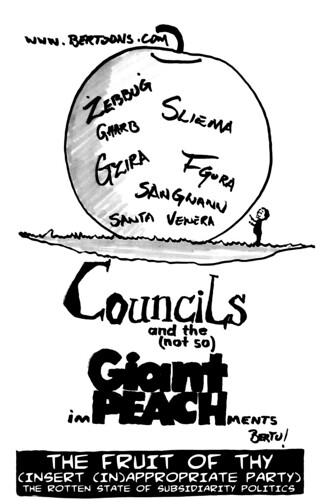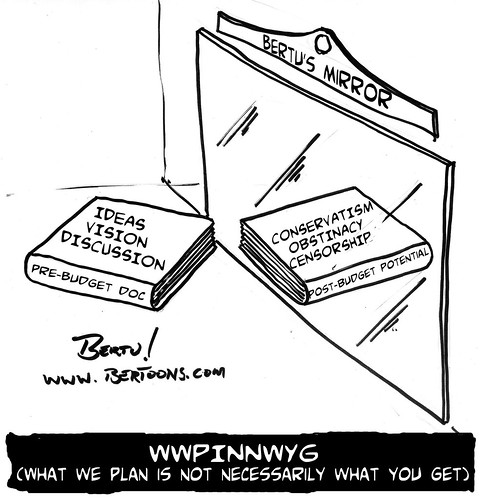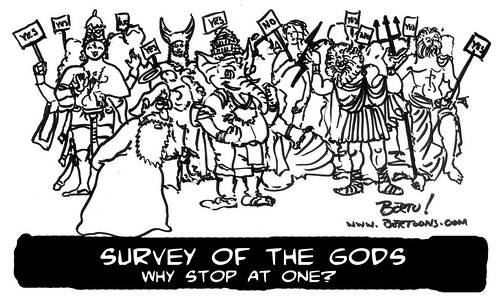To those who have already broken their New Year resolution. To those who are still holding on. To those who are determined to save on electricity bills. To those who are reading this in the comfort of an electric stove. To those who will wait until the Three Kings have come before starting to put away their Christmas lights and decorations. To those for whom Christmas is another word for “humbug”. To those who woke up this morning still reeling with a mild hangover from two nights before. To those who have already been to Mass and read the papers by 10am.
To those who thronged outside the newsagents exchanging New Year greetings and wishing everyone all the best. To those who sent their offspring round the corner to pick up the paper. To those who picked up a couple of pastizzi or pastries on their way to the newsagents. To those who skipped breakfast to better enjoy mum’s Sunday roast and their share of the big feast leftovers. To those who love mustard with their turkey and to those who still have not had enough of the cranberry sauce. To those who forgot to wear red underwear on New Year’s Eve and to those who never understood how people could believe such crap.
To those who think carpe diem. To those who already have fixed appointments for the 15th of August in the afternoon. To those who live to work. To those who work to live. To those who will wear out more of their travelling shoes this year and to those for whom the piazza or the promenade is their oyster. To those who double park to rush to Maxims, Champs or Sphynx for their supply of cheesecakes. To those who prefer Muscat’s pizza drenched in cheese and oil as it spills onto their shirt while they munch and drive. To those who still favour Lollies Bar and its incredible “hobzabacon” (one word, if you please). To those who will grow up switching between ftira and sushi.
To those who like me have fallen for more of the Apple products over the last year. To those who will do so in the coming year. To the poor BR who still insist that “Apple is just about the status”. To the law class of ‘99 – it was a pleasure catching up with you again these holidays. To the Saint Benild ‘75ers who are still trying to arrange a get together after all these years. To the ones who no longer spend a penny on newspapers because it is all available online. To those who still love to thumb through the real thing. To the new graduates fresh from their buscades. To the illiterate of the 21st century. To the sad fact that the more time goes by the more it seems that even the illiterate can graduate.
To the mothers and fathers of mediocrity. To the Nationalists and Labourites who still think party politics is akin to football support. To the parliamentarians and to d’Hondt and his system. To the one-seat majority and the pure entertainment it provides. To Nikki Dimech, Paul Borg Olivier, Robert Arrigo and Jeffrey Pullicino Orlando… even better than the real thing. To Daphne Caruana Galizia, Magistrate Scerri Herrera, Robert Musumeci and the plate vendors in Bidnija. To our sorry pink press and the innumerable ways in which it gets the wrong stories even wronger. To our beleaguered police force. To the up and coming “politicians” from the two big stables.
To those who have thought “sod it, there may be money in that but I still have my pride”. To those who think with their own head. To those who find thinking with other people’s head more convenient. To the fence sitters. To those who still think that there is some hope in thinking different. To Gakbu Sfigho.
To Lawrence and Joseph and to George. To their consorts. To the Archbishop and Bishop. To the pro-divorce movement. To the pro-life movement. To those who want to save the animals. To those who want to save the birds. To those who want to save their right to express themselves. To all kinds of journalists from the most sincere to the most biased. To Lou Bondi. To Peppi and his crew. To the indefatigable Reno Bugeja and Dissett. To those who would definitely eat rabbit every day. To those who think it’s just a furry little defenceless animal. To those who insist Flyunfair is a cheap alternative. To those who would rather get what they pay for and fly Air Malta.
To the fellow columnists of this paper. To the colleagues in the “rival” Sundays. To the elves and trolls posting comments all over the place. To those of you who have read through every single one of last year’s J’accuse columns. To those who rightly insist it’s a tad too long for their taste. To the programmes that are already streamed online. To Tim Berners Lee for the window he created for expats to look into the goings on while away from home.
To Jeffrey Pullicino Orlando for once again being the most talked about personality and pulling off his second J’Accuse Personality of the Year. To the protagonists of Plategate and to Austin Powers Gatt for their respective second and third slots. To tweeters and facebookers for making this world a smaller place. To tweeters and facebookers for making the global village a tad bit more claustrophobic. To tea in the piazza with a view at Mellieha and to a stroll down Republic Street just before the shops close. To the Baywatch pensioners in Qbajjar and to the great service at Arkadia. To Kinnie and Twistees.
To another year of J’accuse and to David, Noel and Rupert for the quick exchanges every Friday. To Lara for all those Friday nights waiting for the article writing to be done. To all of you for bearing with this wankellectual nonsense churned out on a weekly basis. To the shorter articles starting from this week. To all that and more.
Wishing you all a magnificent 2011.
www.akkuza.com comes to you live from the Eternal City at the start of 2011 – our lucky year.
This article appeared in The Malta Independent on Sunday on the 2nd January 2011.










